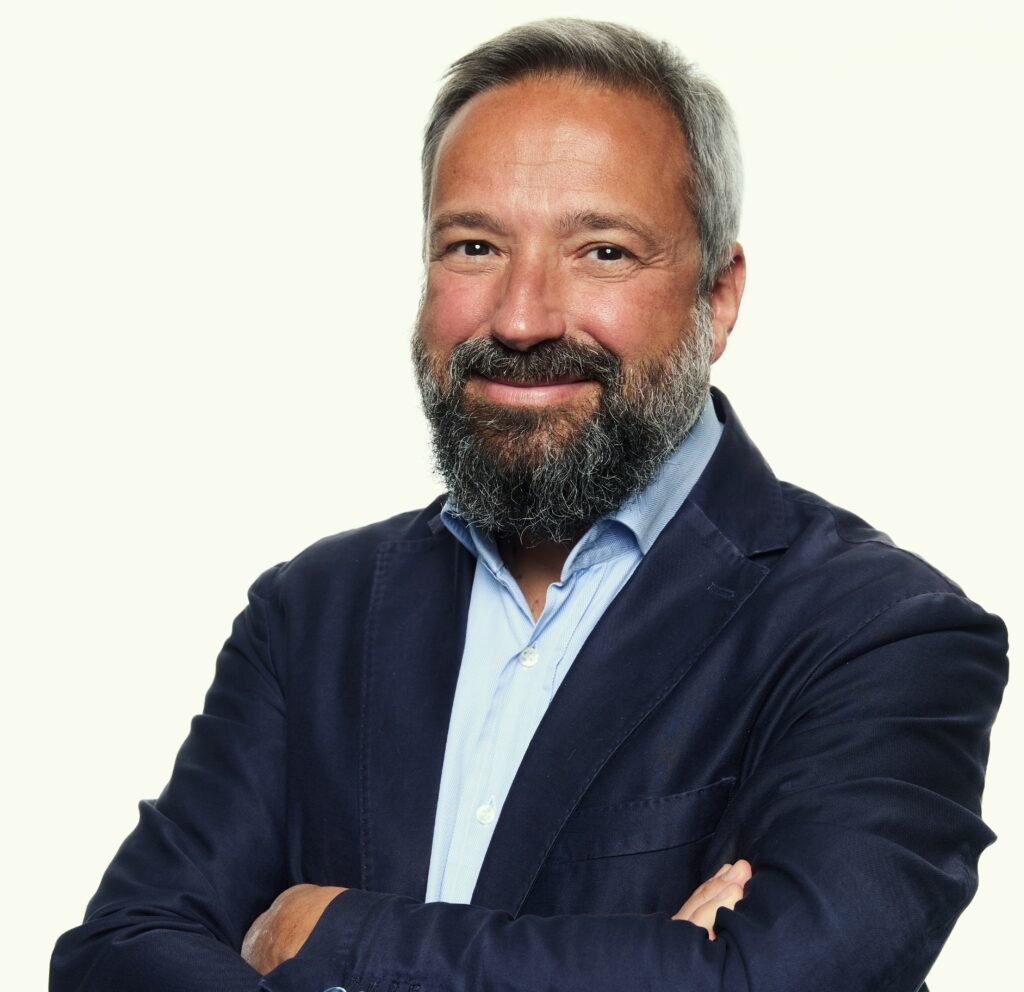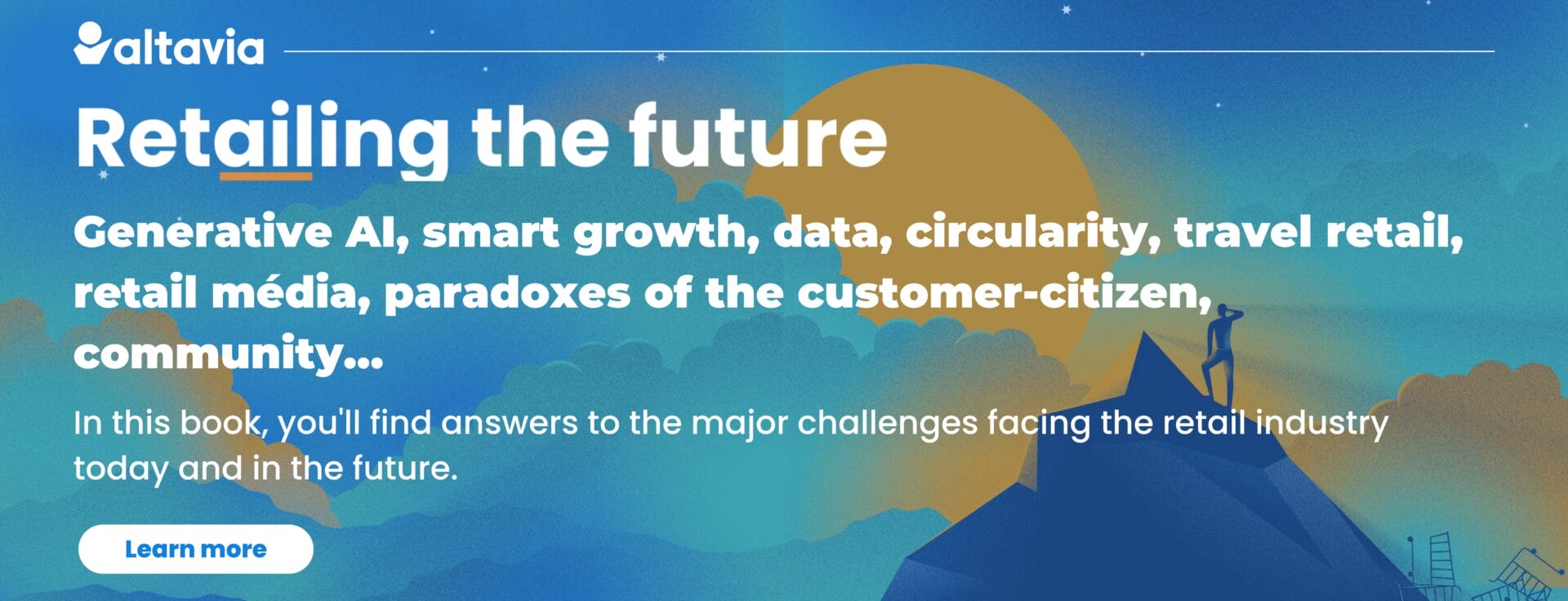Lactalis: ‘Nurturing the Future’ – A Long-standing Commitment.
Interview with Vittorio Fiore.

Vittorio Fiore, Communications Director and Head of Sustainability Projects at Lactalis.
The new purpose draws the consumer into the group’s ethos, addressing society’s most pressing demands. Engaging in discussions with the large-scale distribution sector to foster product sustainability and enhance nutritional education is a key focus.
Lactalis, aware of the duties that come with being the world’s foremost dairy group, openly discusses its interactions with local communities, the environment, farmers, and wider society. The consumer is not just the recipient but the conversation partner. ‘Nurturing the future’ is the rallying cry of the French conglomerate, which, through its ownership of brands like Galbani and Parmalat in Italy, carries forward a ninety-year legacy while meeting today’s critical global challenges. Vittorio Fiore, Communications Director and Head of Sustainability Projects at Lactalis, shares insights into the company’s background efforts and future ambitions.
Lactalis has recently launched its new purpose. Could you explain what this entails?
It emerged from nearly two years of thorough listening and development work. ‘Nurturing the future’ aims to simplify a complex endeavour: to rebuild and accentuate all the key elements that have characterised Lactalis’s actions and its dedication to society for decades. More than ninety years ago, its founder harboured the modest ambition to produce the world’s finest dairy products. However, the company has since surpassed this, gaining significant societal and regional importance. For a long time, confidentiality marked our operations. We used to say, ‘Let’s accomplish the tasks at hand first; communication can follow. The critical aspect is the execution.’ We realised, however, that this approach needed to evolve. As major players in numerous countries, the pressure to present our perspective and take a stance on certain matters has grown increasingly pronounced. The principles of our purpose were already deeply embedded and active within our corporate culture, so we decided to externalise them and share them more broadly.
Today, Lactalis is realising its purpose through market expansion. Fifteen years ago, we hadn’t reached a billion in revenue in Italy; now we are approaching three billion. We don’t just buy brands; we acquire companies, along with their human, professional, and cultural heritage. The recent acquisition of Ambrosi, a major producer of Grana Padano and Parmigiano Reggiano between Brescia and Parma, represents an invaluable asset to share globally, enhancing even the prestige of its PDOs. Therefore, ‘Nurturing the future’ is not just any slogan, but a philosophy that guides us in interpreting our profession and merging tradition from the past with projections for the future.
Sustainability is deeply embedded in consumer values, yet it incurs costs, and managing these with intermediaries can be challenging. Are retailers doing enough, or is there room for them to do more to promote sustainable products?
Sustainability necessitates collective action across the entire supply chain. It would be impossible for us to ‘nurture the future’ without responsibly engaging and communicating with our primary suppliers of raw materials, such as milk. On the retail side, reaching a consensus can become challenging if the focus is overly concentrated on price. Nowadays, we need to acknowledge and value the efforts and investments made towards sustainability. We strive to be constructive by making the benefits of sustainability clear and by involving retail partners in our initiatives. Only through collaborative effort can we effectively convey our commitment to sustainability: if a product costs more, it is because there is a valid reason and a purpose behind it—to better the future.
Does this approach extend to the consumer as well? What communication tools and content do you use to convey your sustainability message to the public?
Today, the options for communication are vast, ranging from social media and traditional media to both small and large-scale events. While we have extraordinary brands that are very well-known to consumers, in our corporate communications we place a significant emphasis on one-to-one events to share who we are and what we do, because we value direct and ‘human’ interactions over one-way communications. Although time-consuming, these meetings are crucial for us to better understand our stakeholders. We enjoy the opportunity to meet people and reveal the ‘behind the scenes’ of our products and, more importantly, of the company that produces them—its local area, the community it serves, and the people who drive it. This approach is particularly valuable in reassuring consumers about sustainable choices, especially in times of inflation where price is a significant consideration.
Can you describe a project that exemplifies Lactalis’ commitment to community engagement, something you are particularly proud of?
For us, growth is a fundamental value, and so is fostering growth in cultural terms within the communities we engage with. I can provide several instances that illustrate our approach, but one particularly poignant example emerged during the COVID-19 pandemic. We recognized that the child-parent relationship was under strain, exacerbated by the lockdowns. In response, we initiated support for our internal community, enlisting psychologists and psychoanalysts to provide tools to help families better navigate these relationships.
Following the pandemic, in the regions where we operate, we launched a multi-year initiative in high schools designed to concretely bolster young people’s confidence in the future. Now in its third edition, this initiative is structured as a competition where teams from various institutions submit projects revolving around annually changing themes. The first year focused on ‘a return to normality’, the second on ‘redeveloping an area’, and this year, the projects are centered on ‘inclusion’. Lactalis rewards the best project and funds its implementation, demonstrating our commitment to not only fostering growth but also actively participating in the development of the communities we serve.
We have deeply engaged with our purpose, ‘Nurturing the future,’ by addressing the serious issue of eating disorders, which affect a broad and diverse segment of the population. As a food company, it was imperative for us to take a stance. We initiated a partnership with Nutrimente, a non-profit organisation dedicated to this cause. This collaboration led us to organise training sessions and informational events aimed at both our employees and the wider public. Our goal was not only to promote awareness of proper nutrition but, crucially, to emphasize the importance of recognizing eating disorders and seeking treatment.
Our commitment didn’t stop there. Alongside Insuperabili, an association that advocates for sports inclusion for people with disabilities, we worked to foster new levels of sensitivity within the community. Integrating a person with disabilities into an organisation is challenging and demands dedicated effort. Often in business settings, we don’t sufficiently consider how to effectively welcome such individuals. Our colleagues require appropriate tools and understanding to interact respectfully and effectively. The insights and sensitivity provided by Insuperabili have been enlightening. It is now our responsibility to implement these learnings effectively.

